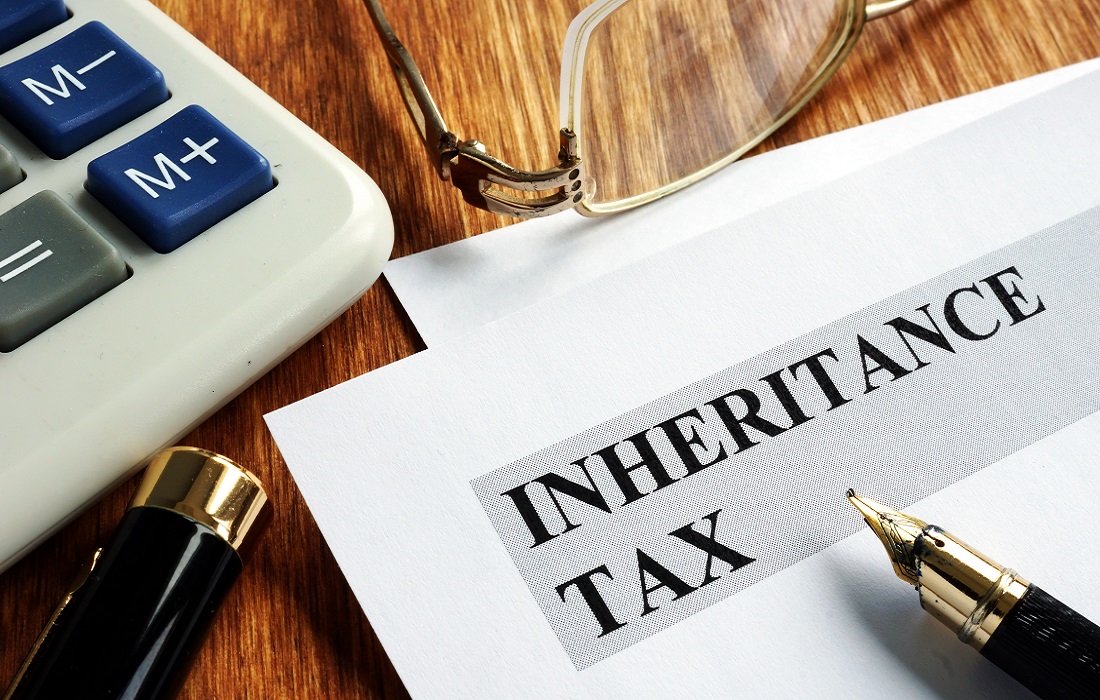Navigating the world of taxes can be daunting, especially when it involves significant sums of money that could affect your family’s future. Two crucial areas that often intersect for investors are inheritance tax (IHT) and investment-related taxes. Understanding these can help in safeguarding your estate and ensuring your heirs receive the maximum benefits. In this beginner’s guide, we’ll explore the essentials of IHT and investment taxes, and share expert tips from top investment specialists on effective IHT planning.
What is Inheritance Tax?
Inheritance Tax is a tax paid on an estate (the property, money, and possessions) of someone who has died. In the UK, the standard IHT rate is 40%, charged on the portion of the estate that exceeds the threshold, which is currently £325,000. However, there are ways to manage and reduce this liability through strategic planning.
Understanding Investment Taxes
Investment taxes are levied on income generated through investments, such as dividends from shares or rental income from property, as well as gains made when selling investments at a profit. The type and rate of tax you’ll pay depend on the nature of the investment, how long you’ve held it, and your personal tax status.

IHT Planning and Investment Specialists
Investment specialists play a crucial role in IHT planning. They can provide tailored advice on how to structure your investments to minimise tax liabilities and ensure your assets are passed on efficiently to your beneficiaries. Here are some top tips from investment specialists for effective IHT planning:
Utilise Allowances and Exemptions
Each individual has an annual gift allowance, and small gifts up to £250 per person per year are exempt from IHT. There are also other exemptions, such as wedding gifts and donations to charity, which can be utilised to reduce an estate’s taxable value. Regular gifting out of excess income can also be a tax-efficient way to pass on wealth without impacting your IHT threshold.
Consider Trusts
Trusts can be an effective tool in IHT planning, allowing you to control how your assets are used after you pass away while potentially reducing your IHT liability. Different types of trusts, such as discretionary trusts or life interest trusts, offer various tax and control benefits, so it’s essential to seek advice from an investment specialist to choose the right type for your situation.
Life Insurance Policies
Taking out a life insurance policy written in trust can help cover potential IHT liabilities and protect financial disaster for your family. Since the policy does not form part of your estate upon death, it won’t be subject to IHT and can provide a significant financial provision to help your beneficiaries pay any IHT due.
Invest in IHT-efficient assets
Certain investments qualify for Business Property Relief (BPR) and can be passed on free from IHT after two years of holding them. These include shares in qualifying AIM-listed companies and some types of enterprise investment schemes (EIS). Such options can be risky, so consulting with an investment specialist to understand the risks and benefits is crucial.
Pension Contributions
Pensions are typically outside the scope of IHT and can be passed on tax-efficiently upon death. Consider maximising your pension contributions during your lifetime to reduce your overall estate value while securing an income for your retirement.
Regularly Review Your Estate Plan
An estate plan is not a one-time setup. Regular reviews and adjustments are essential, especially after significant life events like marriage, the birth of a child, or acquiring substantial assets. Regular reviews with your investment specialist ensure that your estate plan remains aligned with your goals and current tax laws.

How to Get the Best Help for You and Your Family
Choosing the right investment specialist for IHT planning involves considering their expertise in estate planning, understanding of tax laws, and experience in dealing with estates similar in size and complexity to yours. Look for specialists accredited by relevant professional bodies, such as the Chartered Institute of Taxation (CIOT) or the Society of Trust and Estate Practitioners (STEP).
Consider also their approach to client relationships. Effective IHT planning is a deeply personal process that requires a good rapport and understanding between you and your advisor.
Conclusion
Inheritance and investment taxes can significantly impact the value of the estate you pass on. With the right strategies and expert advice from investment specialists, it’s possible to navigate these complex areas effectively. By employing tips such as utilising exemptions, investing in IHT-efficient assets, and regularly reviewing your estate plan, you can ensure that your financial legacy is preserved and enhanced for your family’s future.
Inheritance Tax planning can seem overwhelming, but with the guidance of a knowledgeable investment specialist, you can devise a strategy that ensures your assets are distributed according to your wishes, in the most tax-efficient manner possible.




